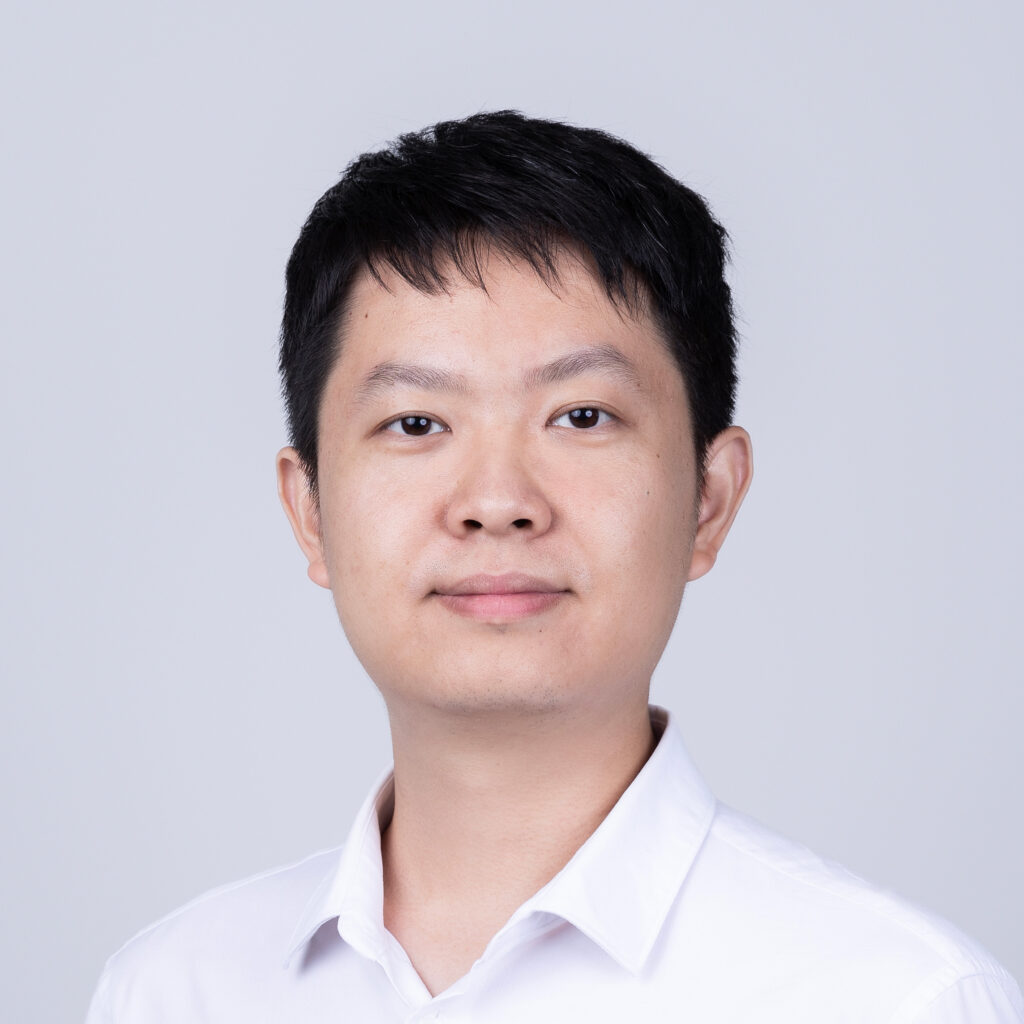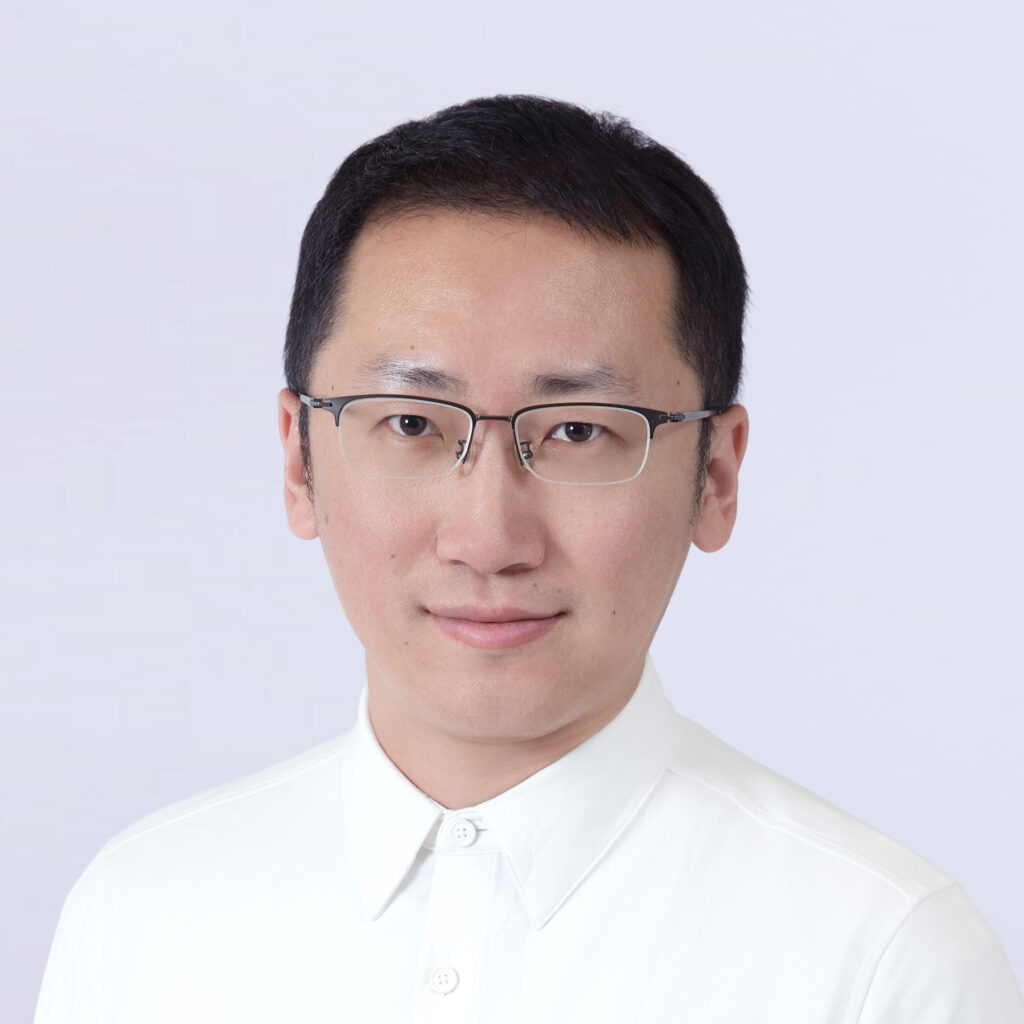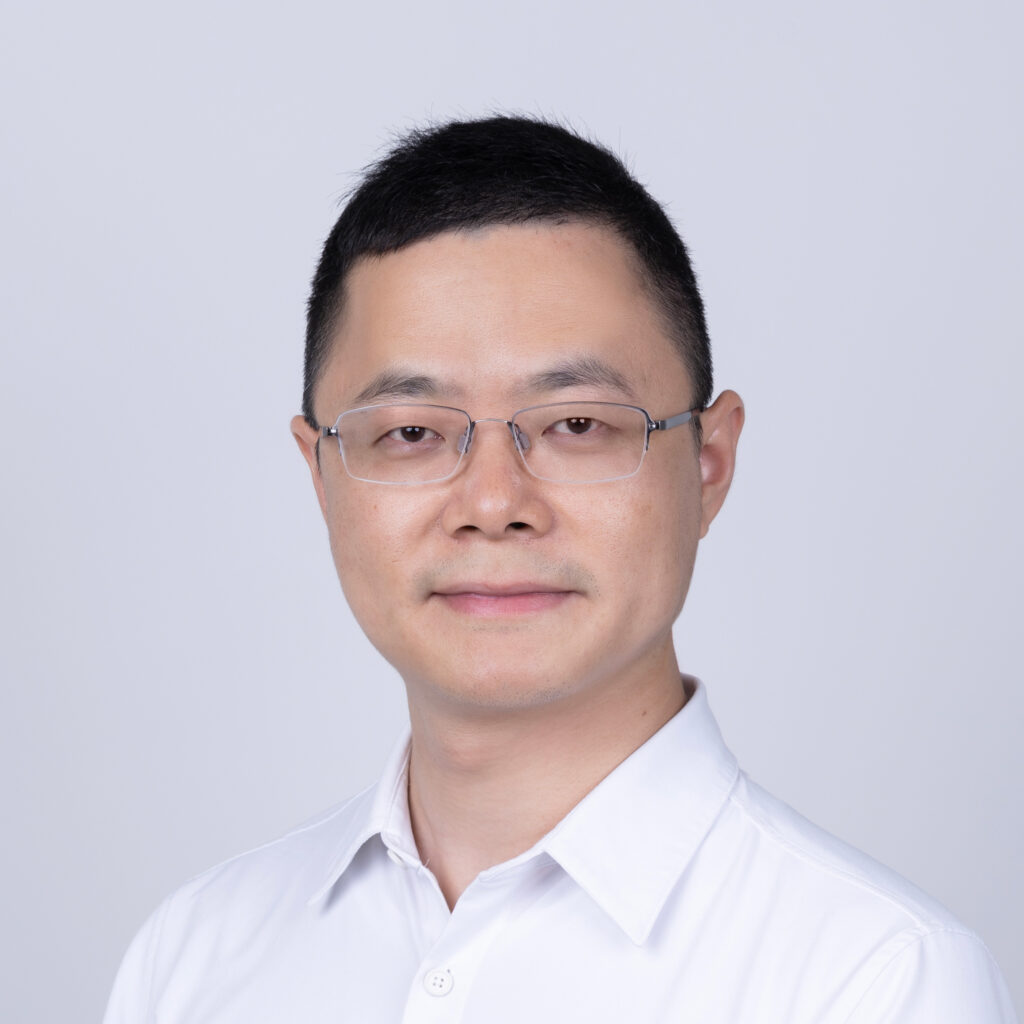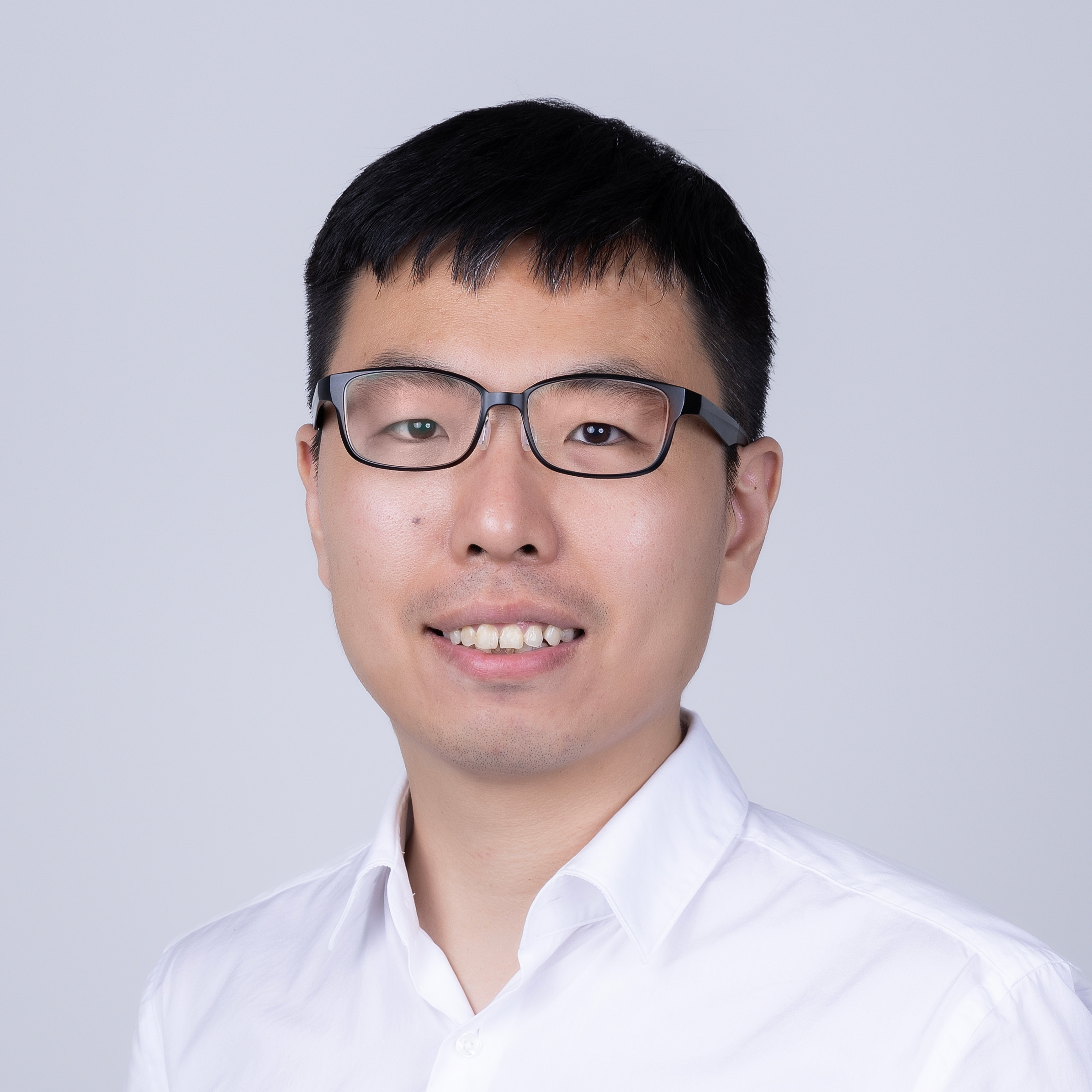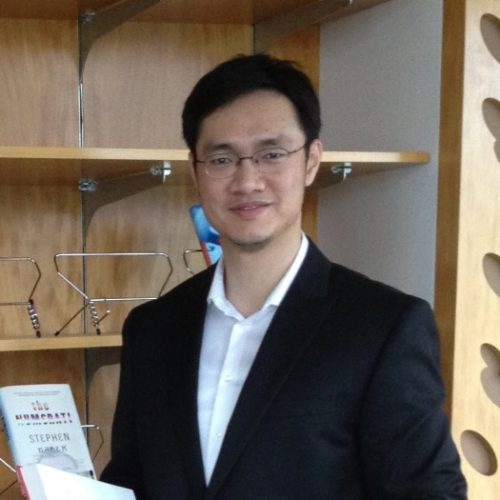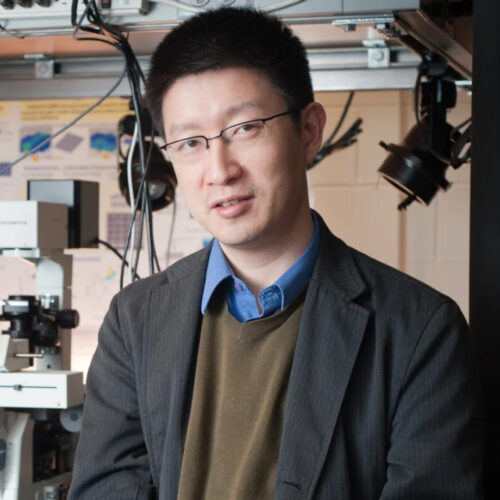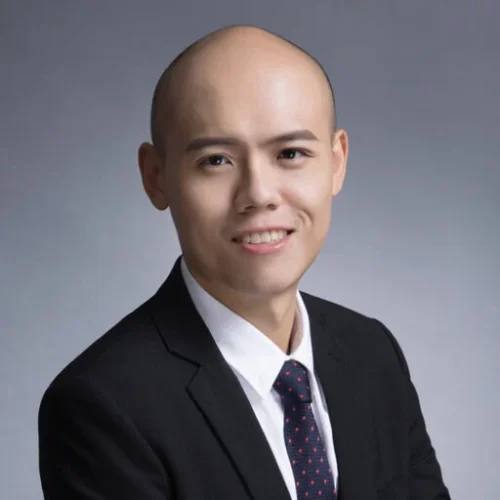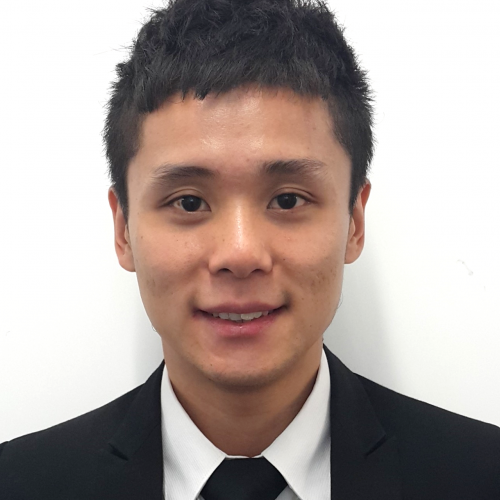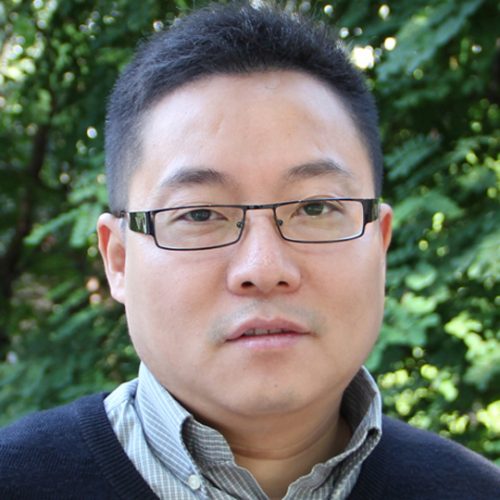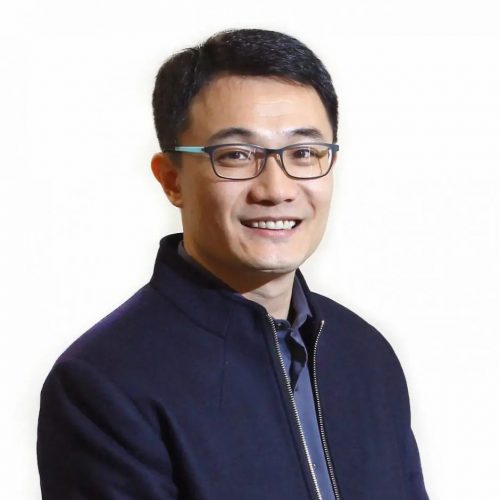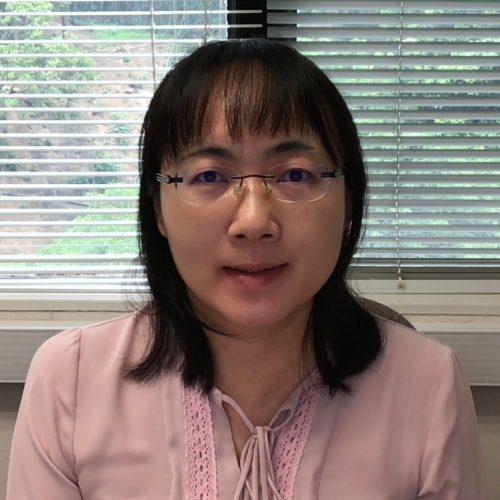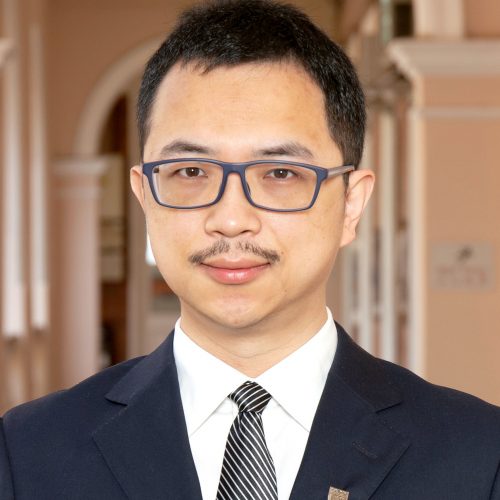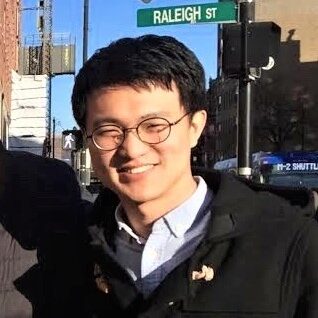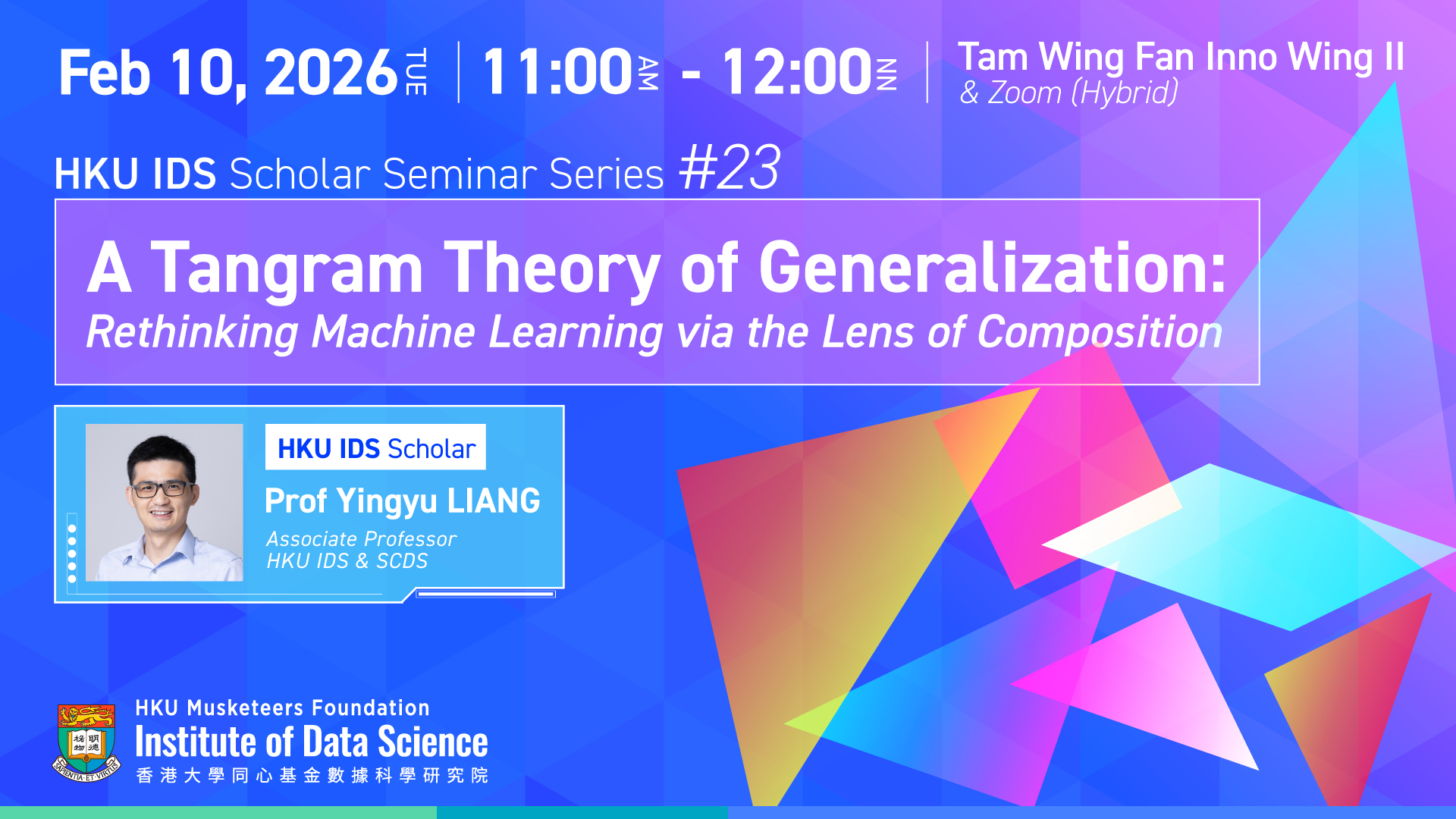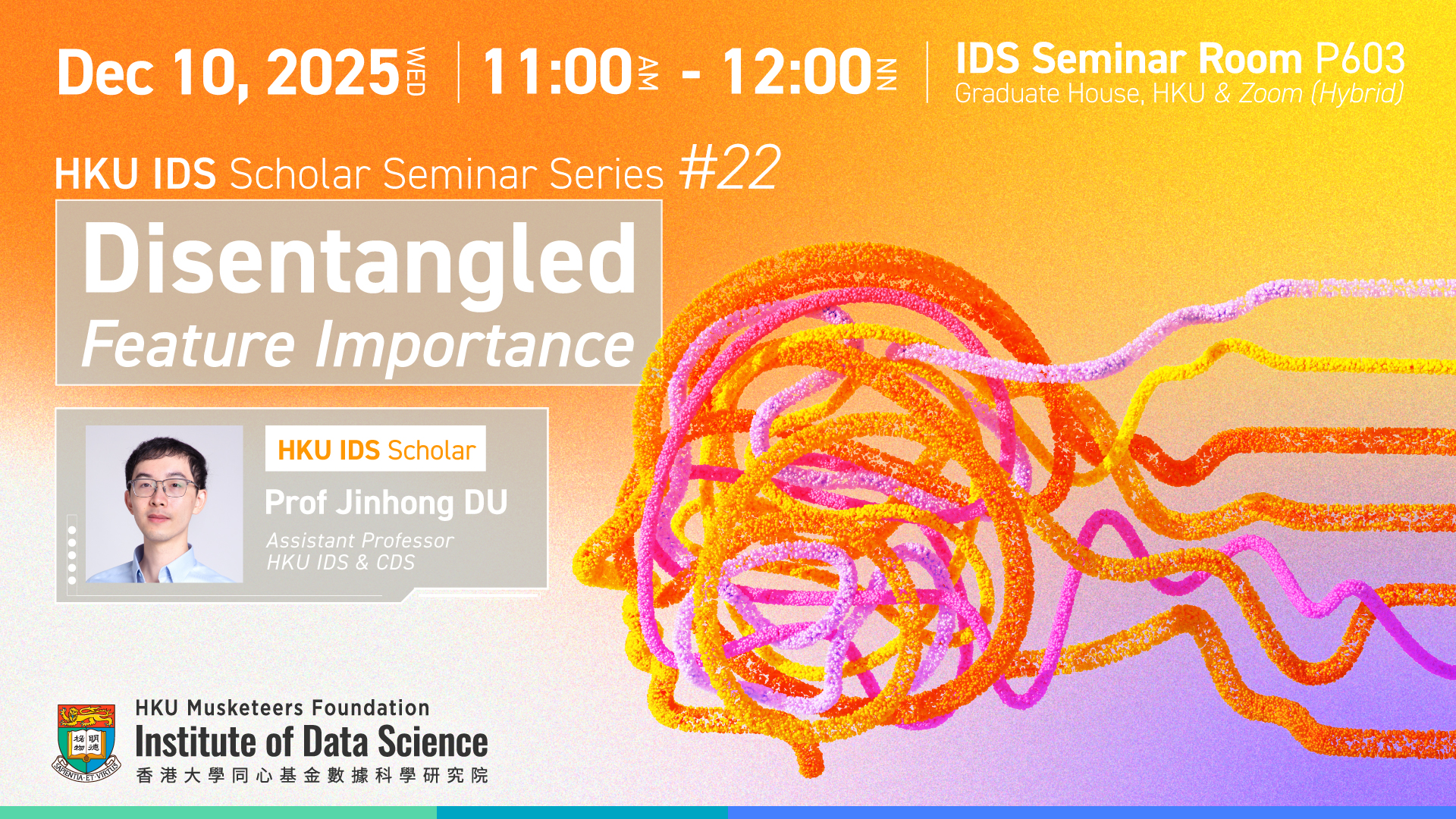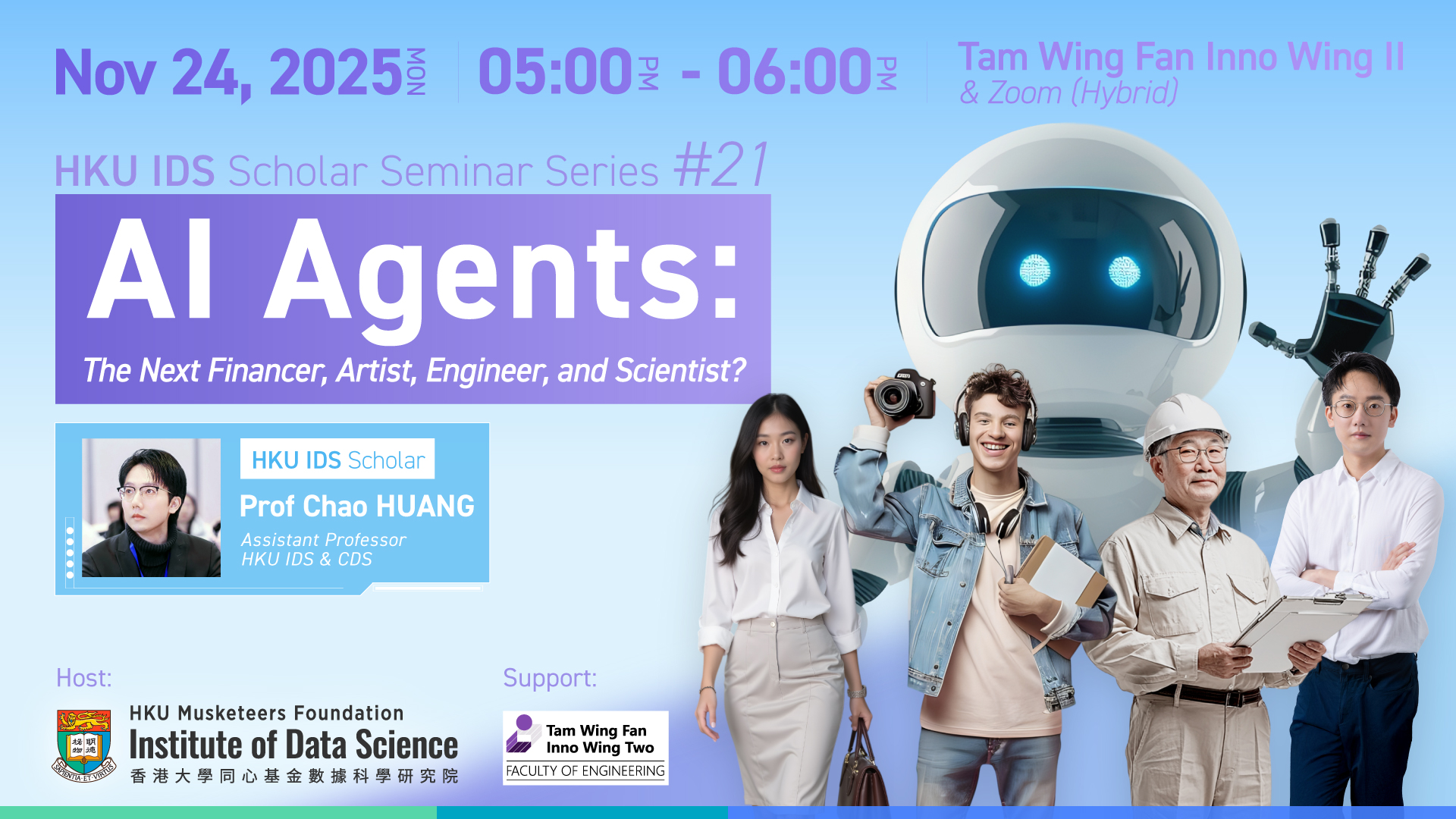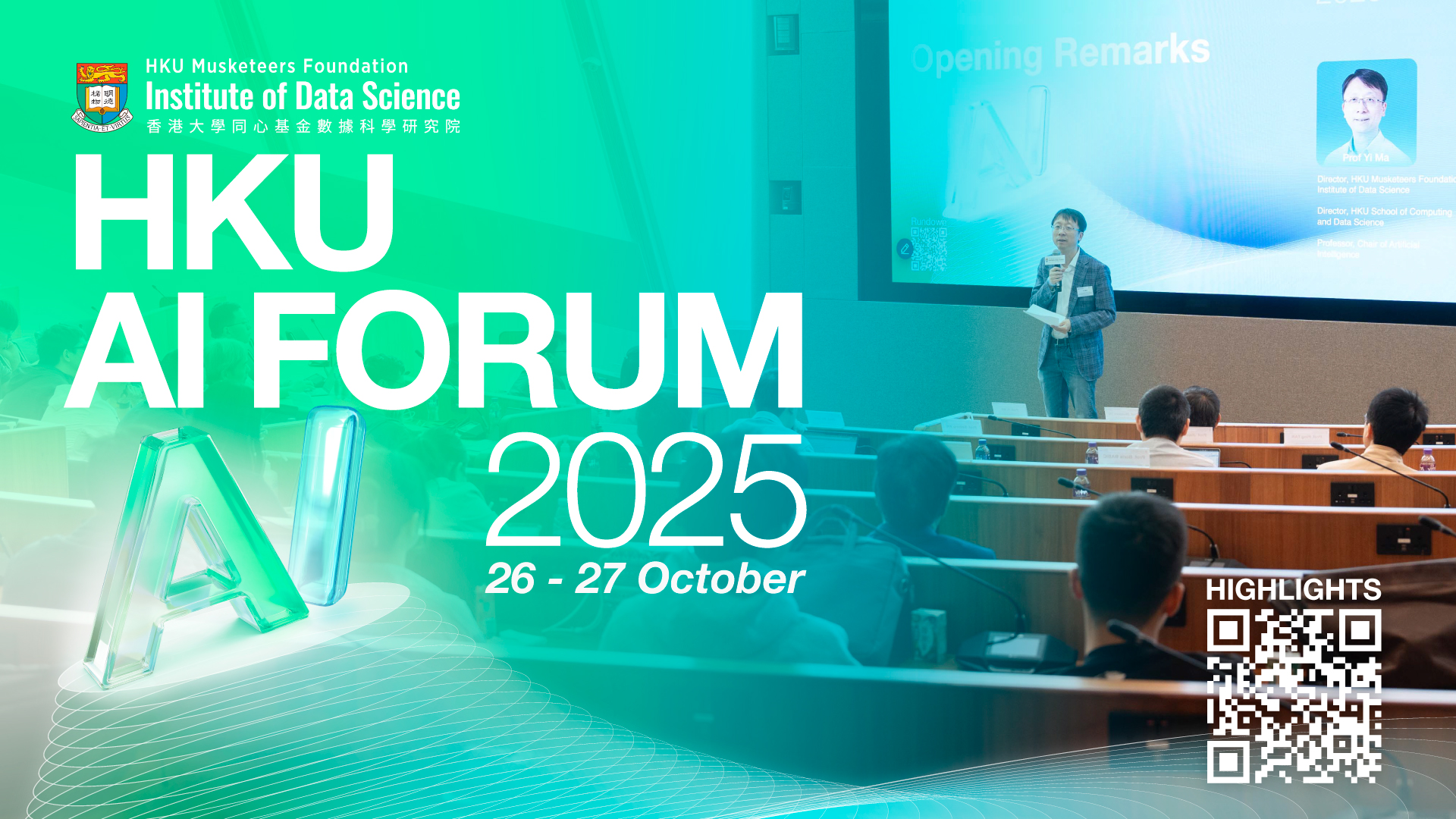

Strategic Research Areas
Smart Society
Hong Kong and the Greater Bay Area are ideal for smart society research, using the 2.5 quintillion bytes of data generated daily from sensors and devices. This data can enhance healthcare, infrastructure, and sustainability. By combining data from HKU’s Faculties of Architecture, Dentistry, Education, Engineering, Medicine, and Social Sciences with ICT, IoT, and citizen input, we can create a sustainable society. The “Smart Society” category includes three areas: AI for Science & Health, Cybersecurity and Intelligent Robotics & Systems.
HKU IDS leverages AI for science and health, using data to accelerate medical breakthroughs, personalize treatments, and improve public health. The institute develops AI tools for predicting therapy responses, optimizing drugs, modeling disease spread, and addressing healthcare disparities. It explores AI’s role in mimicking human understanding, interpreting visual data, and decoding brain processes.
Future priorities include multimodal, trustworthy AI, and complex systems modeling to enhance diagnostics and policy-making. Through interdisciplinary collaboration, IDS aims to transform AI into a vital partner in scientific discovery and health advancement.
HKU IDS appies AI to cybersecurity, enhancing detection and prevention of attacks while addressing vulnerabilities in AI models and systems. They develop methods to identify software weaknesses, detect threats through large data analysis, and patch systems post-attack.
The team also focuses on strengthening AI security against adversarial attacks, model pollution, inference leaks, and other threats, aiming to create trustworthy, robust, and explainable AI systems. Their work seeks to balance the benefits of AI with the need for resilient cybersecurity protections.
Our research in Intelligent Robotics focuses on advancing robotic manipulation and humanoid technologies toward artificial general intelligence. We use cutting-edge AI, combining Foundation Models with Reinforcement and Imitation Learning, to enable robots to perform complex tasks and interact socially, evolving through autonomous exploration.
Through international collaboration, HKU IDS addresses key challenges like the simulation-to-reality gap and scalability for real-world applications. Our work enhances robot efficiency and adaptability, impacting healthcare, retail, and manufacturing, and aims to make robots indispensable partners in solving global challenges and transforming industries.
Laboratory

OpenDriveLab

JC STEM Lab of Intelligent Cybersecurity
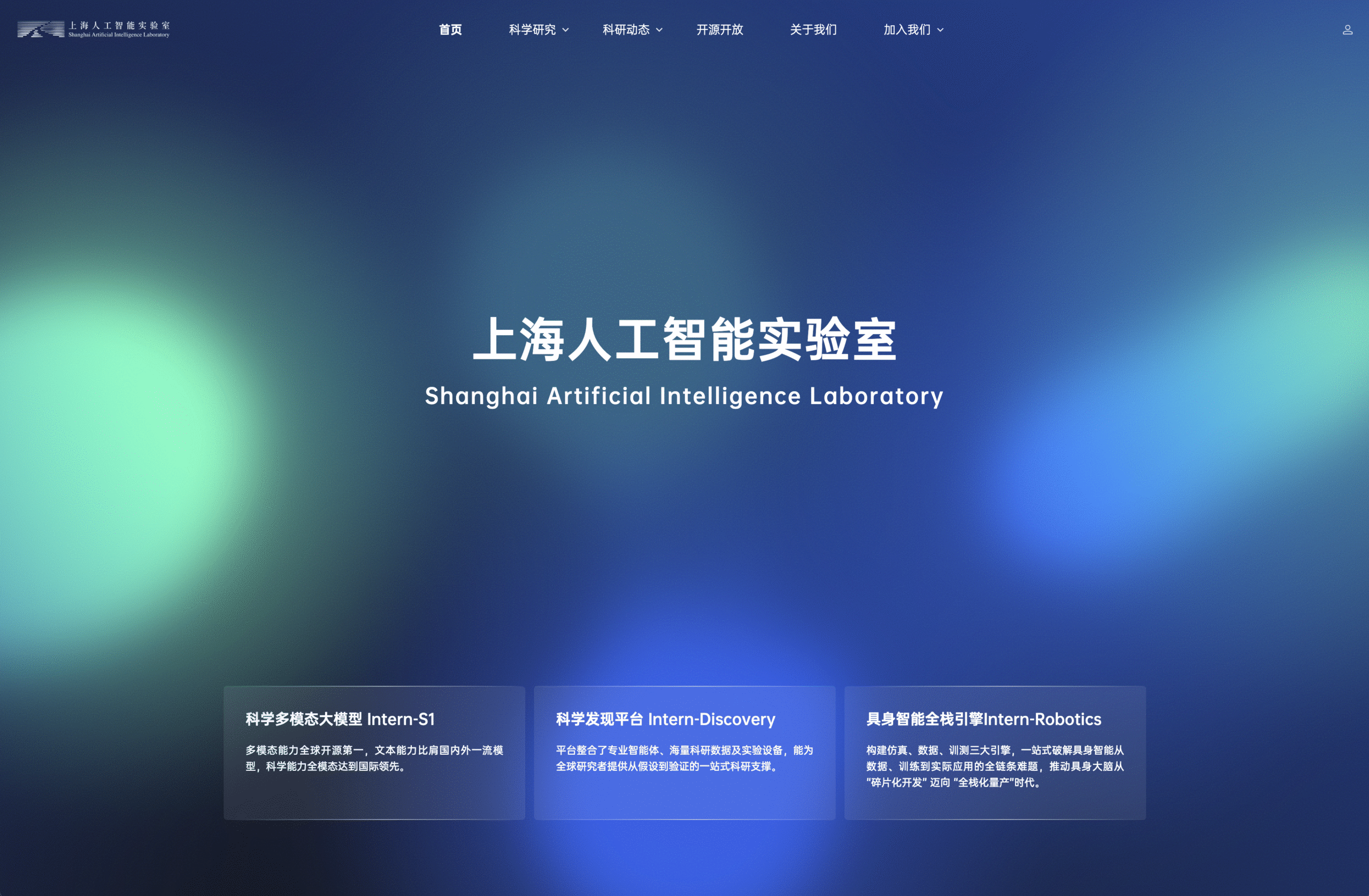
Shanghai Artificial Intelligence Laboratory
Publications & Projects
- Jingfeng Wu*, Difan Zou*, Vladimir Braverman, Quanquan Gu, Sham M. Kakade, Last Iterate Risk Bounds of SGD with Decaying Stepsize for Overparameterized Linear Regression. Proceedings of the 39th International Conference on Machine Learning. (2022) [Long Presentation]
Difan Zou*, Jingfeng Wu*, Vladimir Braverman, Quanquan Gu, Dean P. Foster, Sham M. Kakade. The Benefit of Implicit Regularization from SGD in Least Square Problems. Conference on Advances in Neural Information Processing Systems. (2021) - Difan Zou*, Jingfeng Wu*, Vladimir Braverman, Quanquan Gu, Sham M. Kakade. Benign Overfitting of Constant-Stepsize SGD for Linear Regression. Annual Conference on Learning Theory. (2021)
- Difan Zou, Pan Xu, Quanquan Gu. Faster Convergence of Stochastic Gradient Langevin Dynamics for Non-Log-Concave Sampling. International Conference on Uncertainty in Artificial Intelligence. (2021)
- Difan Zou, Quanquan Gu. On the Convergence of Hamiltonian Monte Carlo with Stochastic Gradients. International Conference on Machine Learning. (2021)



